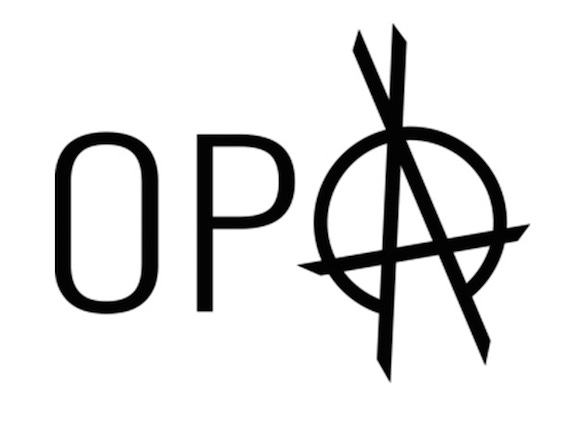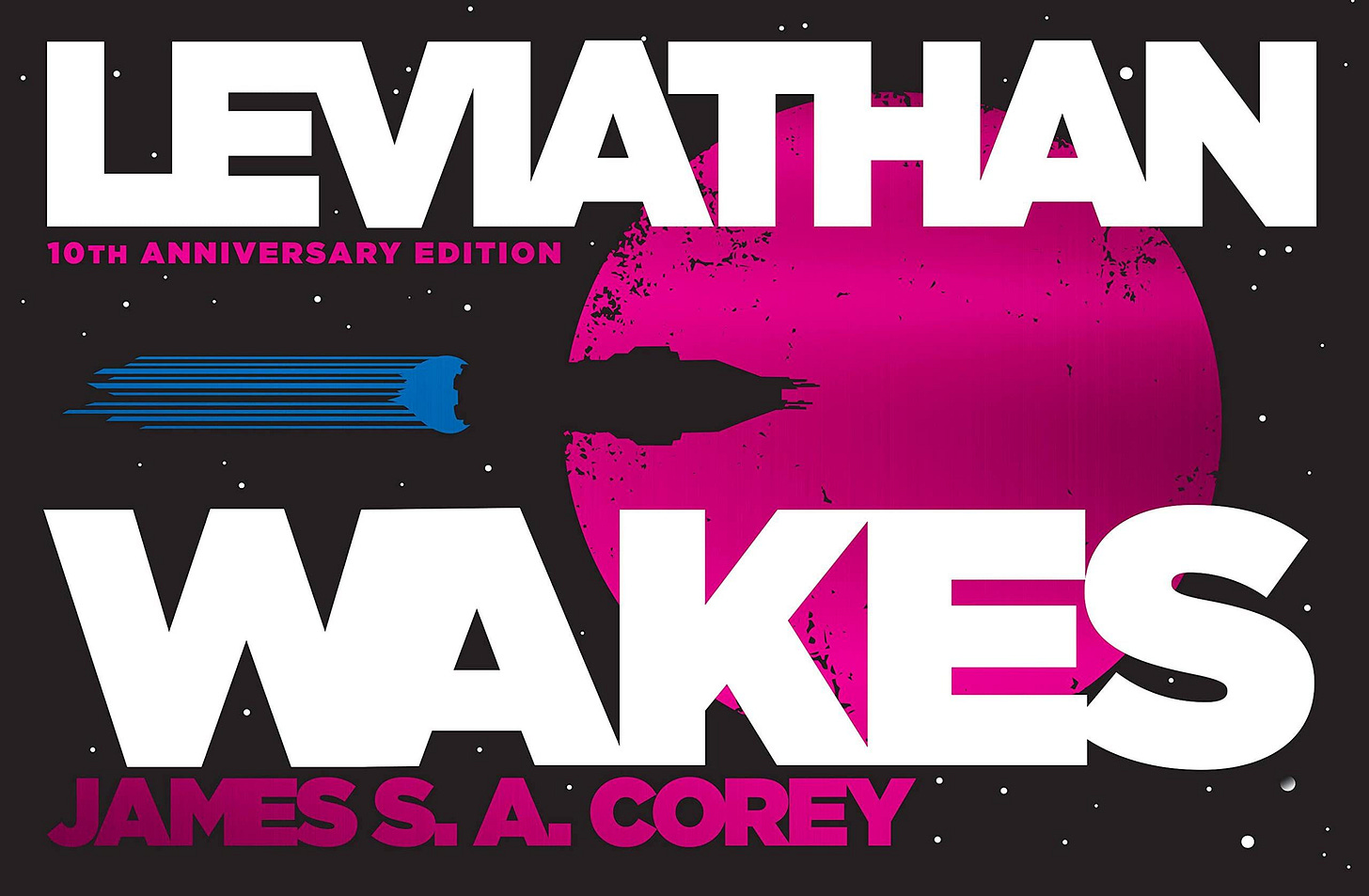[BONUS] Book Review: The Expanse
A ground-breaking SciFi series concludes.
Welcome to JoeWrote. If you enjoy my work, please consider supporting it with a paid subscription. Thank you for your support.
In Solidarity — Joe
Last week I finished Leviathan Falls, the ninth and final book in The Expanse series. Though there are a few novellas and short stories set in The Expanse universe I have yet to read, as I’ve completed the core of the story, I find myself reflecting on what it was about this nine-book series that thoroughly enthralled me.
If you’re unfamiliar, The Expanse is a sci-fi series written by James S.A. Corey, the pen name of the writing duo Daniel Abraham and Ty Franck, who were long-time assistants of George R.R. Martin. Their assistant roles for the GOAT carry over into their own story, as The Expanse is frequently described as “Game of Thrones in space.” But the series is so much more than a cross-genre derivative.
What I appreciate most about The Expanse is its unique setting — not where it takes place, but when. Most science fiction occurs in one of two epochs of hypothetical human advancement. The stories are either set in the unrecognizable future, where humanity has achieved light-speed travel, cloning, or other God-like technology. (Star Trek and Foundation are good examples of this “high sci-fi”). Or, it takes place in the recognizable current day, with humanity stumbling upon the first discovery of alien life (Contact, Predator), the invention of new technology (The Boys, Dark Matter), or enduring some society-altering event (The Last of Us). However, The Expanse exists between these two ultimates. Assumed to take place in the year 2350 (that was the working title of the first book), the series provides a critical look at a species that has developed the technology to colonize and explore our own solar system but still struggles with our inherent defaults. Despite the ability to jet off to Pluto, the humanity portrayed in The Expanse is still plagued by tribalism, racism, classism, militarism, nationalism, and, though it is not explicitly named, the terminal effects of capitalism.
The first three books focus on the dynamics of a Cold War between Earth and Mars, with the exploited lower class of “belters” (people who live past the asteroid belt) caught in the crossfire. Books four through six explore how the unresolved issues we face today mutate when humanity expands beyond its solar system, and the concluding three books put our divided race against existential threats, both human and alien.

Not only is the story phenomenal, the characters well developed, and the prose superb, but The Expanse provides an interesting analysis of the challenge our species is set to collide with; The underlying artificial divisions of our society, predominantly the issue of class and national separation, will not magically disappear when we build spaceships and inter-planetary colonies. Left unresolved, these issues will follow us into the stars, where they will only multiply to cataclysmic effect.
I highly suggest The Expanse series to any reader, even if you’re not a fan of science fiction. The television series is also worth your time, though unfortunately it was canceled after season six, leaving the climax of the story untold. (The books are better, anyways.)
If you enjoyed what you just read, please like (click the ❤️ button at the top), sharing (below), and subscribe to support my work.




Thanks for the review. I'll have to check them out. Believe it or not, I've never read a book series before. Unless you count the "Hardy Boys".
Joe, I really loved the TV series. I think it's easily in the top 5 of best sci fi shows ever on TV, probably top 3. My question is: is the show mostly faithful to the books? I'm sure the books are better and much more in-depth, but I'm wondering the most about fidelity right now.
And thanks for an excellent review!